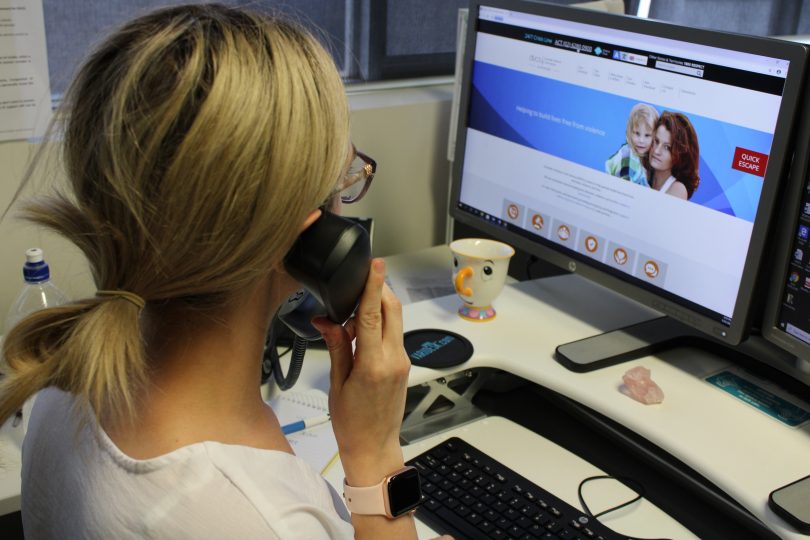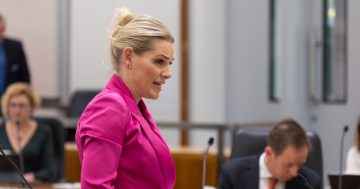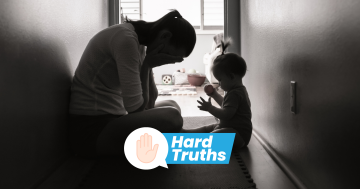
The new funding will help provide cash and resources for people looking to flee violent situations. Photo: Supplied.
For five days, until the perpetrator was arrested, Michelle was forced to leave her own home in fear after a domestic violence incident.
The man took off with a key to the house and her car, forcing Michelle to only grab the bare essentials under a police escort.
Leaving a violent partner is a precarious and dangerous time for victim-survivors of domestic and family violence. This is made harder when access to money and safe accommodation is scarce. But people leaving violent situations will soon have access to $5000 worth of payments to assist them under a $165 million package announced in the federal budget.
The new Escaping Violence Payments will provide up to $1,500 in immediate cash and a further $3,500 in-kind for goods or direct payments of bonds, school fees and other items.
Michelle said that even though she could stay with her family, support payments that would have paid for temporary accommodation would have been a much better alternative.
“I felt I was placing them at risk as well because he wasn’t in custody,” she said. “I would have felt more comfortable and safe when no one knew where I was.”

Chief Minister Andrew Barr has flagged more support for DV victims in the upcoming ACT Budget. Photo: Michelle Kroll.
Many people do not realise the incident is not over once the perpetrator is arrested, Michelle said.
“It would have helped me with getting new keys cut for my car and changing the locks at home,” she said.
“Immediate needs would have been covered, but also, I am a casual contractor. I only get paid when I work. I stressed when I had a few days off and how I was going to make those days off to pay for bills.
“I had to take time off to attend the police station, the domestic violence crisis service and court. That payment would have given me a bit of a safety net to have that day off.”
The payments will be provided under a two-year trial program through a domestic violence frontline service.
Chief Minister Andrew Barr flagged that the ACT Government could go further and provide additional payments or support in its upcoming August budget.
“We are certainly looking at this,” he said following the Commonwealth budget.
“We will look at what the Commonwealth has done, whether there are opportunities for cooperation and collaboration or whether there are any gaps.
“[We will] look to our budget to complement what they are doing or fill gaps that have been identified as we go from the Commonwealth’s announcement into the detail of what they are proposing.”
Support for domestic violence survivors is also on the agenda for National Cabinet’s July meeting, Mr Barr said.
But advocates have said prevention needs to become a priority focus as well.
Mount Stromlo High teacher Brianne Carrigy, who was awarded Canberra’s New Educator of the Year in 2020, said it was necessary to build a supportive community to address the causes of violence and disrespect.
“In my experience working with young people, I believe it is crucial to be explicit in naming and calling out behaviours, language and attitudes that are harmful to building a respectful, accepting and supportive community,” she said.
“We need to stop ignoring low-level disrespectful behaviour, no matter how insignificant it may seem.
“We need to stop believing that our words and actions won’t make a difference.”
Speaking at a Stop it at the Start campaign forum last week, Ms Carrigy encouraged adults to reflect on their own attitudes and have conversations about respect with young people to reduce violence against women and children.
The Stop it at the Start campaign aims to encourage adults to reflect on their own attitudes and start a conversation about respect with young people.
If you or someone you know is impacted by sexual assault, domestic or family violence, call 1800RESPECT (1800 737 732) or visit www.1800RESPECT.org.au.





















